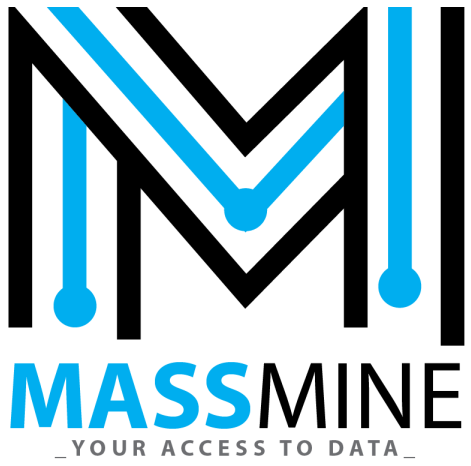Meta
computational rhetoric
Books
- Graham, S. Scott. (2020). Where’s the Rhetoric? Imagining a Unified Field. The Ohio State UP.
Edited Collections
- Jones, John J., and Hirsu, Lavina, (Eds.). (2019). Rhetorical Machines: Writing, Code, and Computational Ethics. University of Alabama Press.
Chapters
- Omizo, Ryan. (2019). Stormwatch: Machine learning approaches to understanding white supremacy online. In J. Ridolfo and B. Hart-Davidson, (Ed), RhetOps: Rhetoric and Information Warfare, (pp. 142-157). University of Pittsburgh Press.
- Miller, Benjamin. (2022). The Pleasurable Difficulty of Programming. In V. Del Hierro and C. VanKooten, (Ed), Methods and Methodologies for Research in Digital Writing and Rhetoric: Centering Positionality in Computers and Writing Scholarship, Vol. 2, (pp. 159-183). WAC Clearinghouse. https://doi.org/10.37514/PRA-B.2022.1664.2.17
Method

MassMine
Contributors: Nick Van Horn & Aaron Beveridge
Description: MassMine is a command line tool designed for researchers to simplify the collection and use of data from online sources such as social media networks.

NTTC: A Python module for social network analysis
Contributors: Chris Lindgren
Description: A set of functions that process and create topic models from a sample of community-detected Twitter networks' tweets. It assumes you have a desire to investigate communities across periods and the tweets from each detected community.